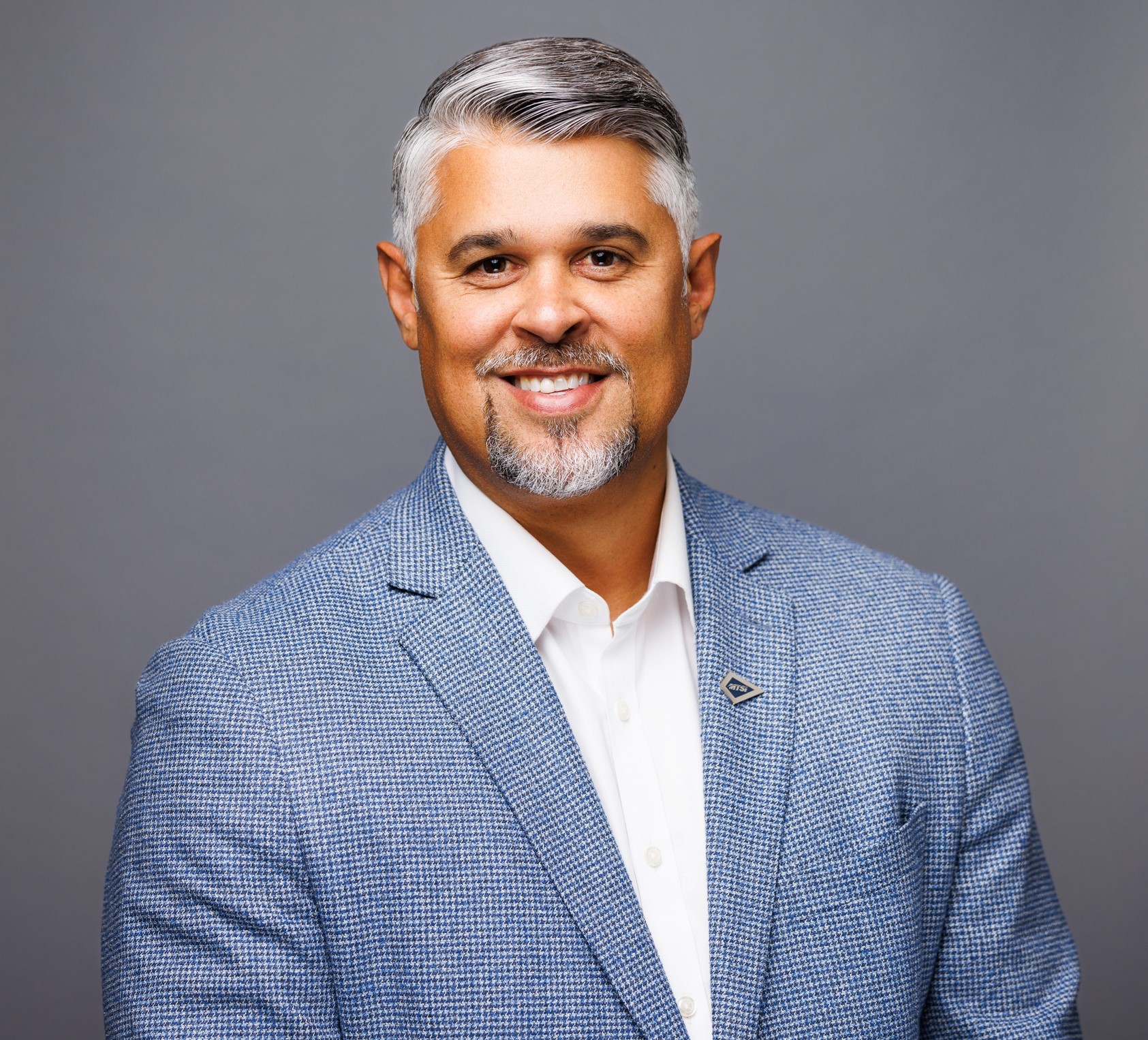
Alka Bhave
COO
Riverside Research
Executive Spotlight: Alka Bhave, Chief Operating Officer at Riverside Research
Alka Bhave, chief operating officer at Riverside Research, recently participated in an Executive Spotlight interview with the Potomac Officers Club to discuss the core elements of her leadership style, the drivers of success in the government contracting industry and the importance of collaboration in tackling the nation’s toughest challenges.
What can you tell us about your background and how you’ve been able to adapt to the ever-changing challenges of the federal landscape over the course of your career?
“I have a unique technical, management and methodology background that has served me well in helping customers and businesses adapt, evolve and transform. I’m an electrical engineer, a program and business leader, a highly experienced change agent as a Master Black Belt in Lean and Six Sigma and a practitioner of agile methodologies. This unique combination of expertise has given me a fantastic arsenal to help federal customers and businesses adapt. Over the course of my career, I’ve helped organizations develop new strategies, improve processes, save millions in cost, break down stovepipes and successfully execute to change the course of direction. The old adage holds true that if we ‘continue to do what we’re doing now, we’ll continue to get what we’re getting now.’ In business, change is vital to growth and for our government customers, it’s necessary to stay ahead of adversarial threats and continue to keep our nation’s best interests at center. For these reasons, the role of a change agent fits in ideally with the ever-changing landscape of GovCon. I am proud to be among those leaders that have and continue to lead transformation of industry and government to obtain better outcomes.
My background in various roles has also contributed to the value I provide to GovCon. A large focus in my career has been on putting the customer and mission first, and this now helps me to guide Riverside Research, a national security nonprofit. Riverside Research’s focus is to be the DoD and Intelligence Community’s trusted partner to implement new technologies and novel solutions to support the ever-changing needs of our customers.”
What do you believe are your core strengths as a leader and what lessons taught you the most about driving success?
“My core strengths as a leader include the ability to see a better, bigger picture — a vision for positive change and growth — and I combine that with strong communication skills to share that vision. Success is about inspiring others to see that vision and believe they have an important role in creating that success.
I am also outcomes-oriented. Success includes discovering unique ways to achieve outcomes and empowering teams with tools, skills and capabilities to drive execution. Being able to successfully execute on a vision is a critical part of success. One lesson I’ve learned about outcomes and success is that it isn’t only about plans, procedures, processes and things that are concrete; it comes down to empathy and working to understand what drives and motivates employees, customers and stakeholders and how we all fit into that picture.
I keep people at the center of everything I do. As a leader, my purpose is to mentor, develop and grow the people I work with to be impactful and fulfill a meaningful role in that bigger, better picture. I also want them to experience how their contributions create positive change, helping them grow into change agents themselves.
I lead with passion and conviction, and strong values are very important to me. Treating each other with utmost respect and dignity is number one, as is doing the right thing always, which is especially critical in national security. Leading with conviction, passion, values and respect, combined with an outcomes-oriented focus, are ingredients that create a positive environment in which employees and customers want to be, are empowered and accountable, and are motivated from within.”
If you were given free rein to enact changes in the federal landscape, what are the first three changes you would implement and why?
“We have to break down stovepipes. There are threats in cybersecurity and in other spaces, and those threats will only increase. This requires a commitment to multi-domain integration. In the push to move in that direction, there are still barriers that keep agencies stovepiped. We need to take on the challenge of meeting those threats and handling them in an efficient, outcomes-oriented way.
We need to think about the larger picture, as the end result is not just about developing a new technology. That technology has a purpose, and likely, it’s somewhere in the value stream to help the true end result, which is helping a soldier on the front line to get the data that they need, when they need it. While all agencies in government are working to transform, this transformation needs to accelerate to truly stay ahead of threats. And to accelerate, we need to better understand how people, processes, organizations, technology and data all come together in the value stream so that we can improve the whole and not just the individual pieces. That’s the key to achieving speed to mission. Those who have already worked with me know I am a big proponent of working to understand the larger picture and improve the end-to-end value stream.
We also need to involve the end user more in the decision-making process. That end user is the end customer. The entities performing acquisition are often separated from those with the need (the end user). The voice of the customer must include that end customer more often and earlier in the process.”
With emerging technology influencing the federal government and industry more by the day, what are some of the challenges on the business side of innovation that aren’t always discussed as often as they should be?
“Technology doesn’t exist in a vacuum. People, process and data are other key considerations that aren’t always discussed as often as they should be and are critical to ensuring that innovation is supported, sustained and successful. It’s not just about implementing emerging technology, but also answering the questions: Why is it needed? How will it impact the way work is done not only in one part of the business or mission, but what are the interfaces to other functions? How will the data collected be best utilized, and what can we connect it with to tell a bigger or different story? It’s the answers to these questions and the ‘connection of the dots’ that are not as strong and thought out as they could be. This is the business side of innovation that needs more focus in an increasing way.”

Category: Member News




